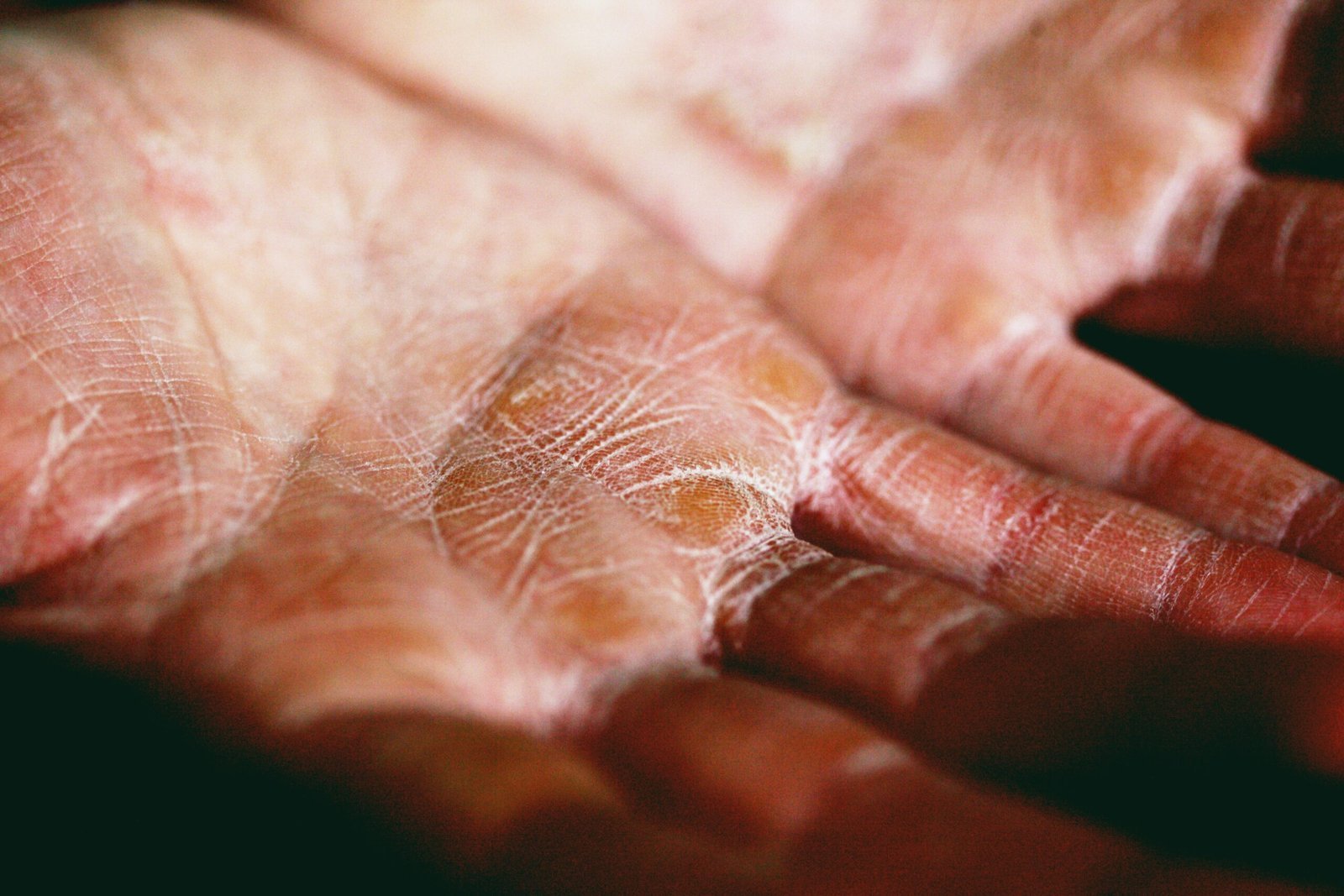
Understanding Dehydration: Symptoms and Preventions
Water is essential for our bodies to function properly. It helps regulate body temperature, aids in digestion, and carries nutrients to our cells. When we don’t consume enough water or lose too much water, dehydration can occur. Dehydration is a condition that can have various symptoms and can be prevented with a few simple measures. In this article, we will explore the symptoms of dehydration and some effective preventions.
Signs and Symptoms of Dehydration
Recognizing the signs of dehydration is crucial to prevent further complications. Here are some common symptoms to look out for:
- Thirst: Feeling thirsty is often the first sign that your body is dehydrated. It is your body’s way of telling you that it needs more water.
- Dry mouth and lips: When you are dehydrated, your mouth and lips may feel dry and sticky. This is because your body is not producing enough saliva.
- Dark urine: Dehydration can cause your urine to become darker in color. If you notice that your urine is a deep yellow or amber color, it may be a sign of dehydration.
- Fatigue and dizziness: Lack of water can lead to fatigue and dizziness. You may feel weak, lightheaded, or have difficulty concentrating.
- Headaches: Dehydration can trigger headaches or migraines. If you experience frequent headaches, it may be worth considering whether dehydration is a contributing factor.
- Dry skin: Your skin may become dry and less elastic when you are dehydrated. This can lead to itchiness and an overall dull appearance.
Preventing Dehydration
Fortunately, there are several simple steps you can take to prevent dehydration:
1. Drink plenty of water:
The most effective way to prevent dehydration is to drink an adequate amount of water each day. The recommended daily intake varies depending on factors such as age, sex, and activity level. As a general guideline, aim to drink at least 8 glasses of water per day.
2. Eat water-rich foods:
In addition to drinking water, you can increase your water intake by consuming foods with high water content. Fruits and vegetables such as watermelon, cucumbers, and oranges are excellent choices.
3. Avoid excessive caffeine and alcohol:
Caffeine and alcohol can contribute to dehydration. Limit your consumption of these beverages, as they have diuretic effects that can increase fluid loss.
4. Stay hydrated during physical activity:
If you engage in physical activities or exercise, it’s important to replenish the fluids you lose through sweat. Drink water before, during, and after your workout to maintain proper hydration levels.
5. Be mindful of hot weather:
In hot weather, your body loses more water through sweat. Increase your fluid intake during hot days and consider carrying a water bottle with you to stay hydrated.
6. Monitor your urine color:
Keep an eye on the color of your urine. If it is light yellow or clear, you are likely well-hydrated. However, if it is dark yellow or amber, it’s a sign that you need to drink more water.
Conclusion
Dehydration is a condition that can have adverse effects on your overall health and well-being. By recognizing the symptoms of dehydration and taking preventive measures, you can ensure that your body stays properly hydrated. Remember to drink enough water, eat water-rich foods, and be mindful of your fluid intake during physical activity and hot weather. By prioritizing hydration, you can maintain optimal health and avoid the discomforts associated with dehydration.